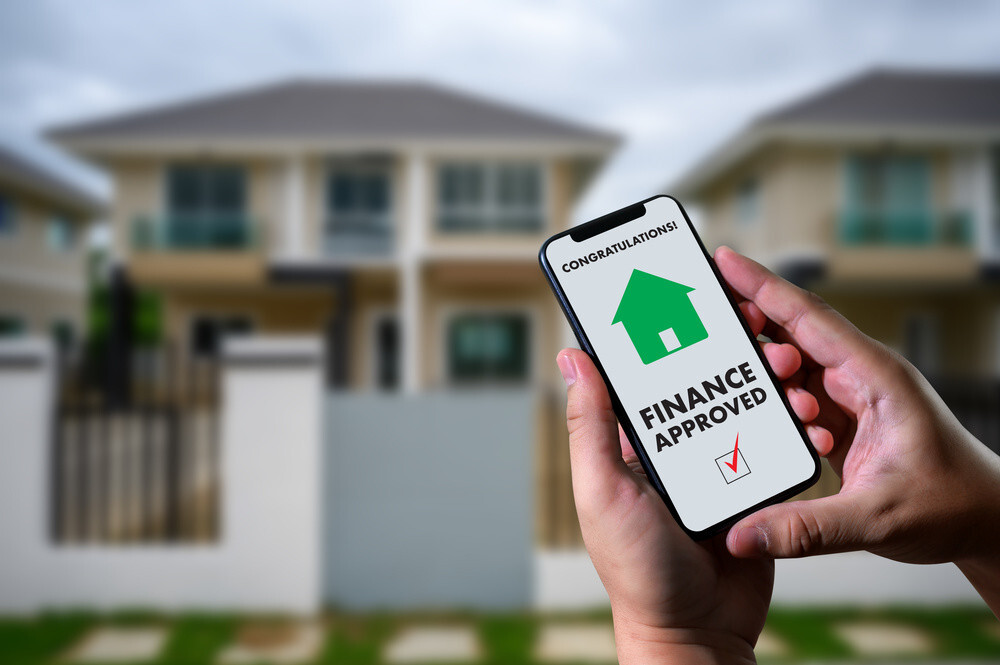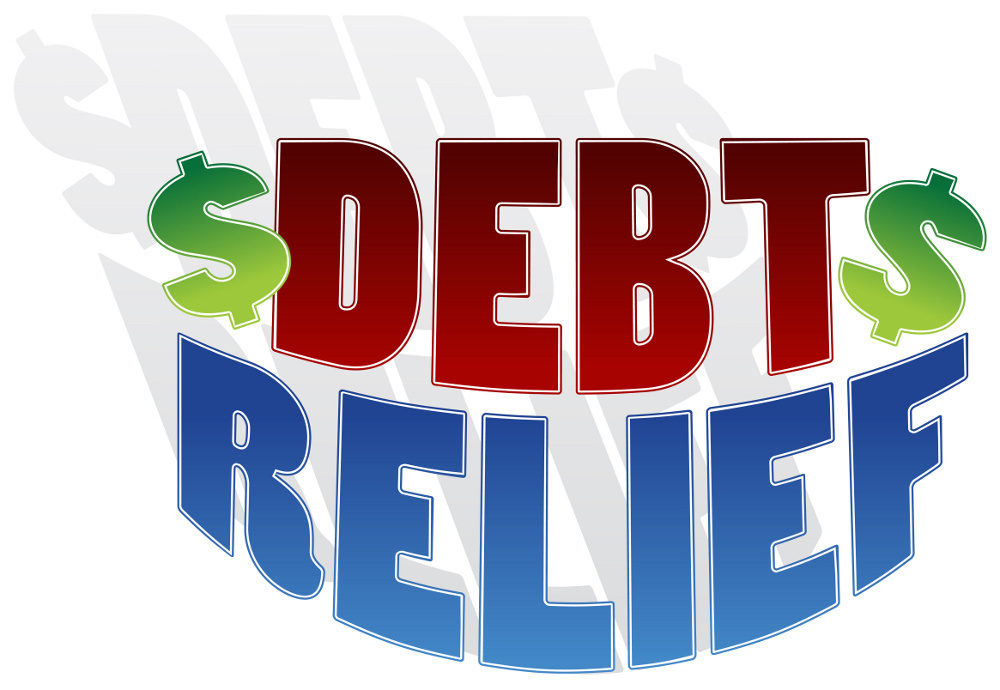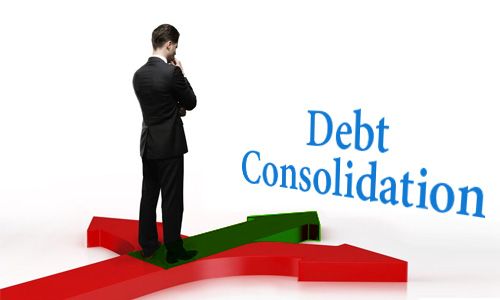We are a society of consumers. The average American household is over $100,000 in debt. Gradually, the mentality has changed from ‘saving towards’ to ‘paying off’, allowing creditors to take advantage of individuals with eyes bigger than their wallets. We eat nice dinners, take luxurious trips, and add to our wardrobes. But at what cost? I want to tell you the story of a man digging out of credit card debt.
This is my story. In less than five years, I have paid off $20,000 in principal debt to credit card companies and creditors. My balance sheet still isn’t clear, but I am confident my experience will benefit other debtors. The nuances of credit and debt are complicated, but the basics can be digested in a matter of minutes. Take the time to wrap your head around these seven strategies to reduce credit card debt.
#1 Make a Debt Reduction Plan
If you’re serious about freeing yourself from credit card debt, paying down debt has to be the priority.
Calculate Your Timeline
Unlike a loan, credit card debt doesn’t have a repayment timeline built in. It is essential that you set one for yourself. Set your own minimum monthly payment (higher than the required one) and use a debt repayment calculator to project when you will be free of credit card debt. [Alternately, you can enter your $0 balance deadline and have the calculator show you how much to pay off every month.]
Earmark Money from Each Paycheck
It is a mistake to pay off your credit card after you have handled other expenses. Once you have decided how much to pay each month, make your credit card payment an automatic deduction from your checking account. You’ll be forced to budget around your debt-reduction priority.
#2 Pay Off Debt Before You Save or Invest
Financial strategy is ultimately up to you, but I advise against continuing serious savings/investment while you are trying to pay down your credit card debt. It’s all about the math. If you’re earning 4% interest on $20,000 investments while simultaneously paying 12% interest on $20,000 debt, you’re losing money. Unless your investment has a specific purpose that requires immediate action, I suggest focusing your financial attention on paying off credit card debt.
#3 Identify High Interest Balances (And Attack Them)
In order to minimize interest payments (and ultimately how long you’re in debt), concentrate on paying off debtors that are charging you the most interest.
Pay More Than Your Required Minimum
Credit card monthly payment minimums are set slightly higher than the amount of interest charged that month, so paying them addresses very little of your principal debt (the balance you eventually need to decrease to 0). Increasing your monthly payment above the required minimum begins to drastically cut your total amount of interest paid.
Focus on Credit Cards with High Interest Rates
While it may be tempting to pay off credit cards with higher balances, you should focus on the ones with higher rates. Assuming you’re going to make the same payment amount, hacking away at the principle that is charging a higher percentage will save you money.
#4 Investigate any Penalty Interest Rates
Like their credit report, most people don’t take the time to read their entire credit card statement. You should.
When you do, you may see various interest rates being charged to different portions of your balance (some much higher than others). Often this is a result of penalties (from payments dates), overdrafts, or cash advances. These penalty interest rates can be up to three times your normal purchase rate.
It is critical to reduce this high-interest debt by paying more than your monthly minimum.
You will simultaneously reduce the amount of debt accruing interest and the aggregate (whole) interest rate you are being charged.
#5 Consolidate Your Debt
Debt consolidation can be a real ‘out-of-the-frying-pan’ proposition. Read carefully to avoid getting in more financial heat than you were in before.
Beware Credit Consolidation Offers
If you’re in debt like me, you get a lot of mail from agencies who claim to be able to consolidate your debt and reduce your monthly payments. Avoid these. While they are probably not illegal and not necessarily a scam, they often come with hidden clauses than may affect what you owe (and your credit score) in ways that are not initially apparent. Trusted financial institutions are more reputable sources of information regarding debt consolidation.
Consider 0% APR Credit Cards
Some credit cards entice borrowers with offers of 0% APR (interest) for an initial period of time. This allows you a break from high interest to reduce the principal of your debt. Make sure to read the fine print regarding any balance transfer fees and the interest rate after the duration of the 0% promotion. Be aware that credit cards may decline you, even if they have previously sent you correspondence containing language like ‘You Are Approved’. Do your diligence and read up on some of the best credit cards from Chase and other reputable lenders.
Credit Cards with Rewards
Many credit cards also offer members rewards like travel benefits and cash back. Since you’re focused on debt reduction, I don’t recommend lavish personal spending. However, if you make reimbursable charges for work, certain personal credit cards can generate benefits that will help you save money and pay down balances.
#6 Monitor Your Credit
The G.I. Joe cartoons that I grew up watching taught me that ‘Knowing is Half the Battle’. I can attest to the fact that knowledge (in this case self-knowledge) is your most powerful tool for financial salvation.
Study up on Your Credit Report
Your credit report is way more than your score. Your credit report has a lot of substance to inform your journey out of credit card debt.
While debt usually has a negative affect on your credit score, debt and credit do not necessarily have an inverse relationship. I had a lot of credit card debt but a pretty decent credit score because I was making my monthly minimum payments. Your credit score is a measure of ‘how you handle debt’. Put another way ‘are you a good borrower’?
One of the biggest credit score factors is the percent of your total revolving (e.g. credit card) credit you are currently utilizing. For example, someone with $20,000 total credit and a $5,000 balance (25% utilization) looks much better to potential lenders than someone with $10,000 total credit and a $5,000 balance (50% utilization). For more info on credit scores and reporting, read up on some bonafide financial journals.
Don’t Pay for Credit Monitoring
There are plenty of great free credit monitoring services. Don’t use a site that charges you a monthly fee.
#7 Don’t Backslide
Don’t Confuse Credit with Money
It is a big mistake to think of a credit card with a $10,000 limit the same way you’d think of $10,000 in your checking account. Don’t get excited about freeing up credit and then spend it. Keep on track.
Downshift Your Lifestyle
It’s time to pay the proverbial Piper. If you’re like me, you indulged in some luxuries above your pay grade when you were racking up that credit card debt. While you’re focused on reducing your debt, you won’t be able to spend the same. Fear not, there are plenty of free and cheap distractions to keep you busy between scrupulous analyzing your credit reports and credit card statements.
The Take-Away: Avoid Credit Card Debt
In my experience money might not be able to make you happy, but debt sure can make you miserable. Since paying off over half of my credit card debt, I feel better. I’m confident about the financial future of my family and generally more optimistic.
I’m not saying don’t use credit cards. Credit cards can be a fantastic tool for making specific purchases as long as those purchases are within your budget to pay off. Keep in mind that a balance on your credit card only accrues interest if you fail to pay the card off entirely every month.
Take some advice from a Prodigal Son and stay out of credit card debt. If you do find yourself there, do your homework and start chipping away at the balance. Debt reduction can be a lot of work, but it’s always attainable with the right attitude and coaching.
A firm believer that freedom of information improves business, travel and life, freelance writer Ben Lovell is committed to sharing best practices. Read more of his articles at the Gothic Optimist.










































